Traveling is one of the most exciting and enriching experiences we can experience. Whether we're planning a relaxing beach vacation, an exciting mountain adventure, or a business trip, the excitement of exploring new places and cultures is always present.
However, to make our trip truly unforgettable, it is essential to be prepared and bring the right basic items with us.
Related: Follow these Practical tips to pack your suitcase like a pro!
In this article we want to help all travelers of all ages and experience levels prepare for their next adventures. That's why we present some tips to make your trip more enjoyable and avoid stress, ensuring that your trip is a success from the moment you start packing until you return home.
Why do we like to travel?
Before we get into the details of how to prepare for a trip, it's important to remember why most of us love to travel. Traveling not only allows us to escape the daily routine, but also gives us the opportunity to:
- Explore new cultures: Learning about different traditions, languages and ways of life can be an eye-opening and educational experience.
- Relax and unwind: A change of scenery can be a stress reliever and an opportunity to rest and recharge.
- Create lasting memories: Travel is often full of memorable moments and unique experiences that we will remember for a lifetime.
- Expand horizons: Meeting new places and different people can change our perspective and enrich our lives in unexpected ways.
- Adventure and excitement: Discovering new places and facing challenges along the way can provide a thrill not found in everyday life.
Related : Find the lowest prices on flights with these tips!
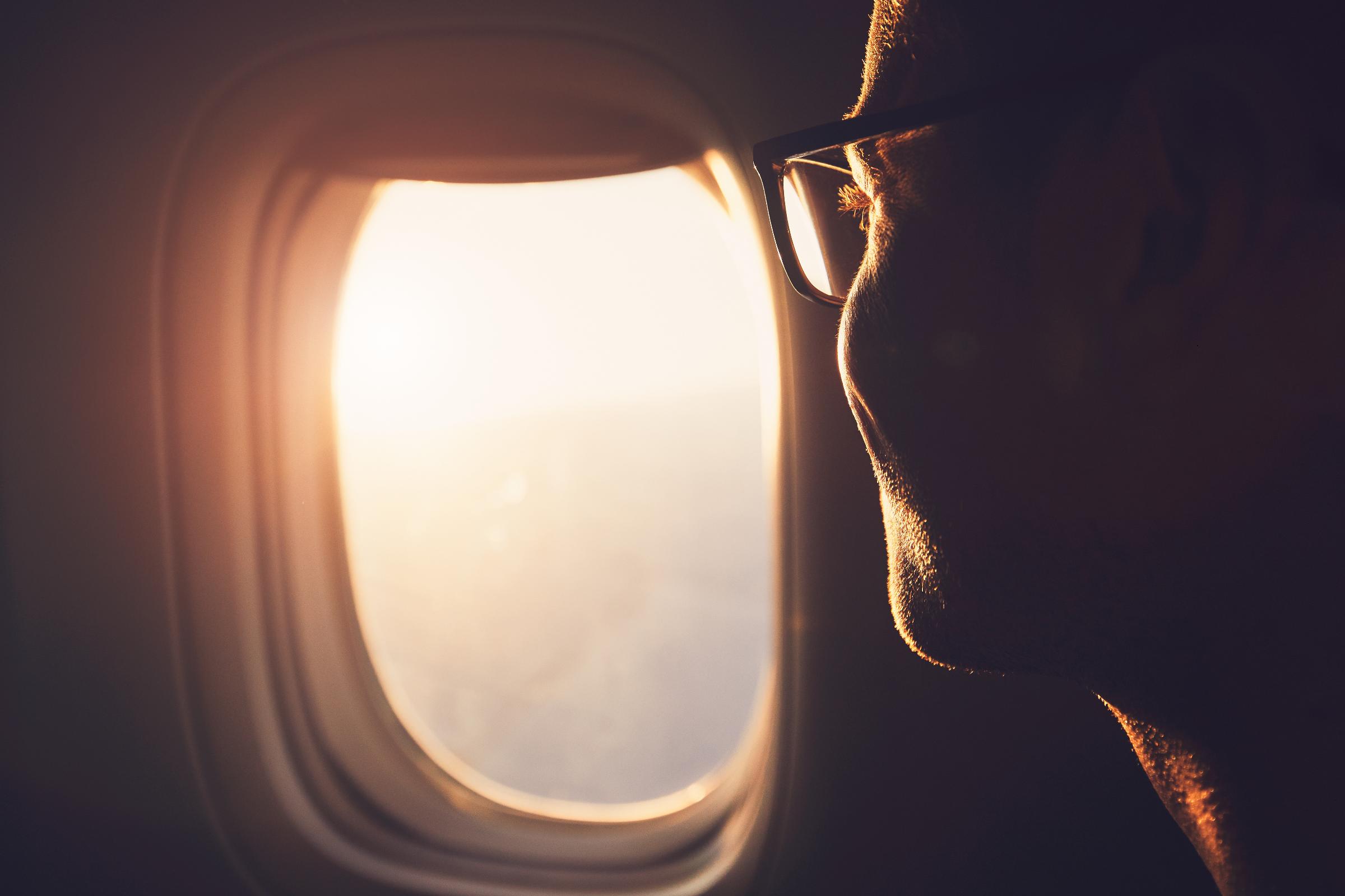
Basic tips for when you are going to travel
Once you have decided to embark on your next adventure, it is essential to prepare properly. Here is a list of essential elements that you should not forget:
Comfortable clothing for the journey
Traveling can involve long hours on planes, trains or cars. To make it more comfortable, opt for loose, comfortable clothing. Experienced travelers often recommend layering to adjust to different temperatures along the way and bringing a jacket or sweatshirt.
We also recommend not wearing boots, belts or metal items if you are traveling by plane, this will make your passage through security check faster and more comfortable.
This will help you stay relaxed and enjoy the trip.
Travel documents and their copy
Nothing is more stressful than arriving at the airport or train station and realizing you've forgotten your passport or visa. Make sure you carry your travel documents in a secure wallet and always have a copy of them stored elsewhere, preferably electronically.
The most important travel documents are the passport, visa (if necessary) and boarding pass. It is also advisable to carry a copy of these documents in case of loss or theft.
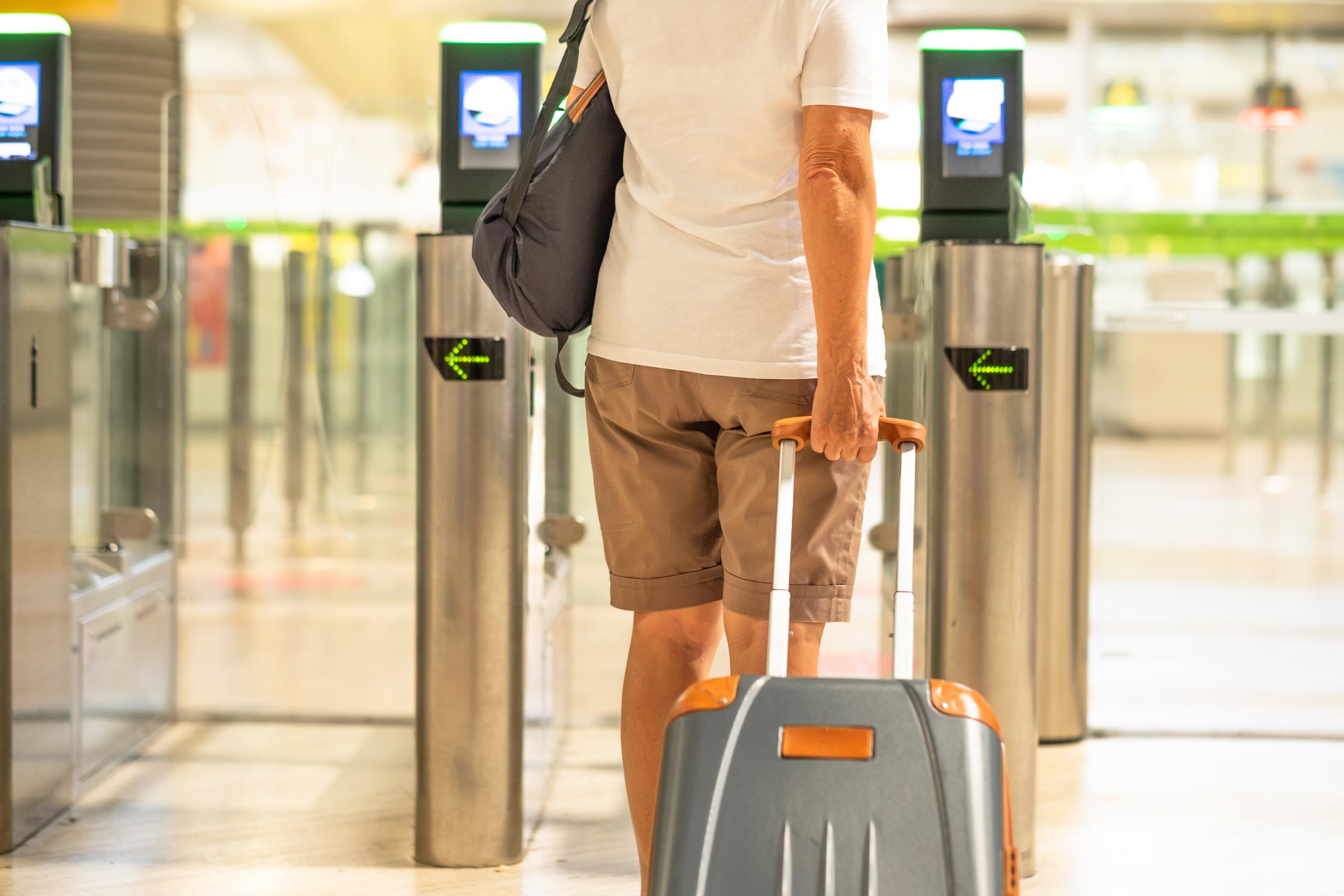
Money and cards
It is important to carry a combination of cash and credit or debit cards. Make sure your cards are accepted at your destination and notify your bank about your trip to avoid unexpected blocks.
Medicines
If you take prescription medications, make sure you bring enough to last the entire duration of your trip. Take one Copy your prescriptions and consider packing a small first aid kit with basic supplies.
Travel insurance
Never underestimate the importance of good travel insurance. Make sure you have a policy that covers medical care, flight cancellations, and other unforeseen events.
Toiletries
Don't forget your toothbrush, toothpaste, soap, shampoo and other personal hygiene products. If you travel by plane, remember that there are restrictions on the amount of liquids you can carry in your carry-on luggage.
Chargers and adapters
If you're traveling to a country with a different plug, be sure to pack a universal adapter. You should also pack chargers for your electronic devices, such as phones, laptops, and cameras.
Bag for dirty clothes
A bag or cover for dirty clothes is very useful for separating clean clothes from dirty clothes during your trip.
Small backpack
A small backpack is ideal for carrying your essential belongings during excursions or short walks.
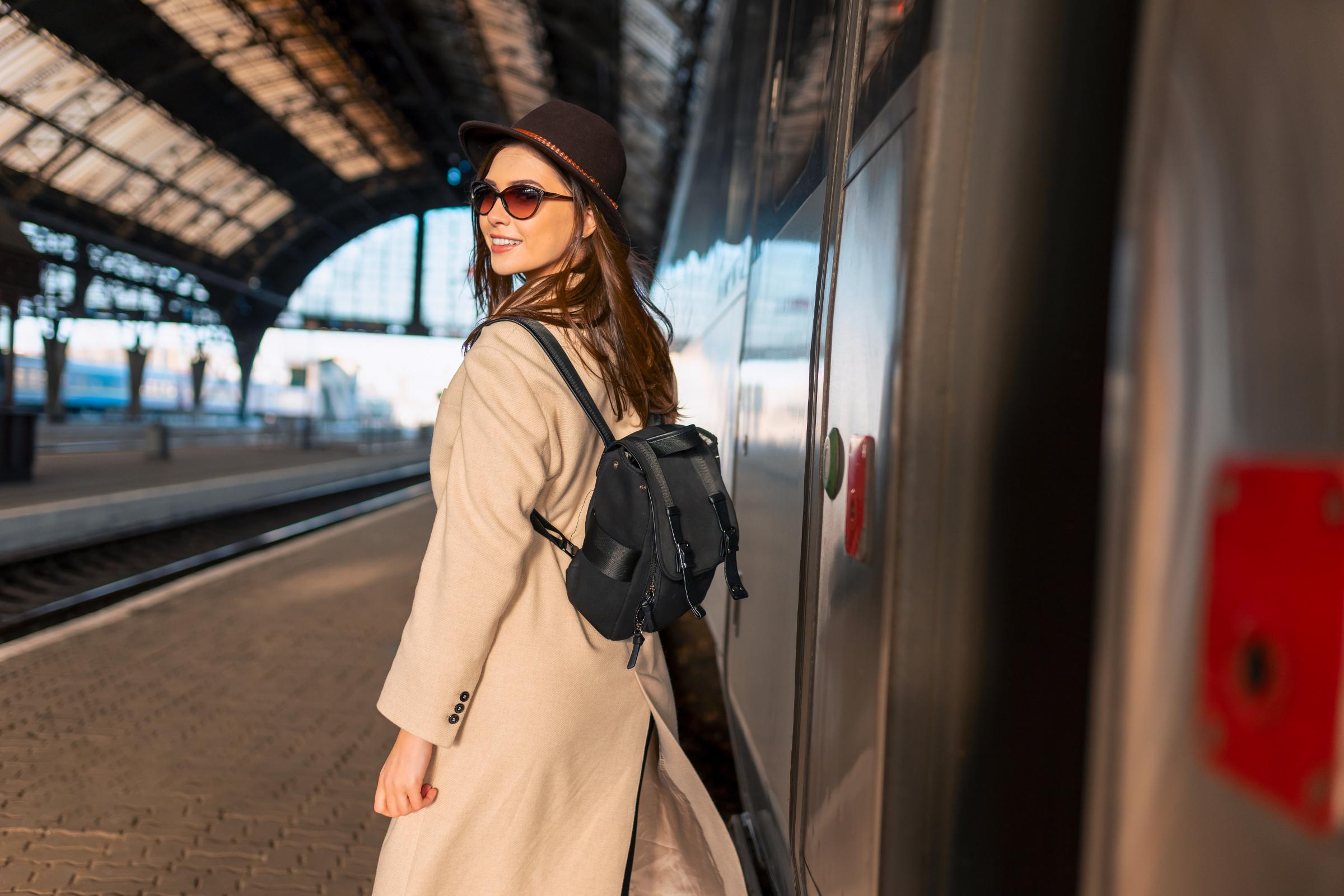
Emergency contact card
Carry a card with both local and international emergency contact numbers. This can be essential in case you face an emergency situation.
Tips to make our trip more pleasant
Now that you have the basics, here are some additional tips to make your trip more enjoyable:
Plan the activities you will do during the trip
Research and plan the activities you want to do at your destination. This will help you make the most of your time and avoid missing out on interesting opportunities.
Take into account the climate at your destination
Check the weather forecast before packing and make sure you bring appropriate clothing for the expected weather conditions.
Your personal needs
Don't forget to consider your personal needs. If you have allergies, be sure to bring anti-allergy medication. If you have dietary restrictions, research the restaurants and food options at your destination.
Additional tips to avoid stress on the day of your trip
In addition to preparing properly before the trip, here are some tips to avoid stress on the day of departure:
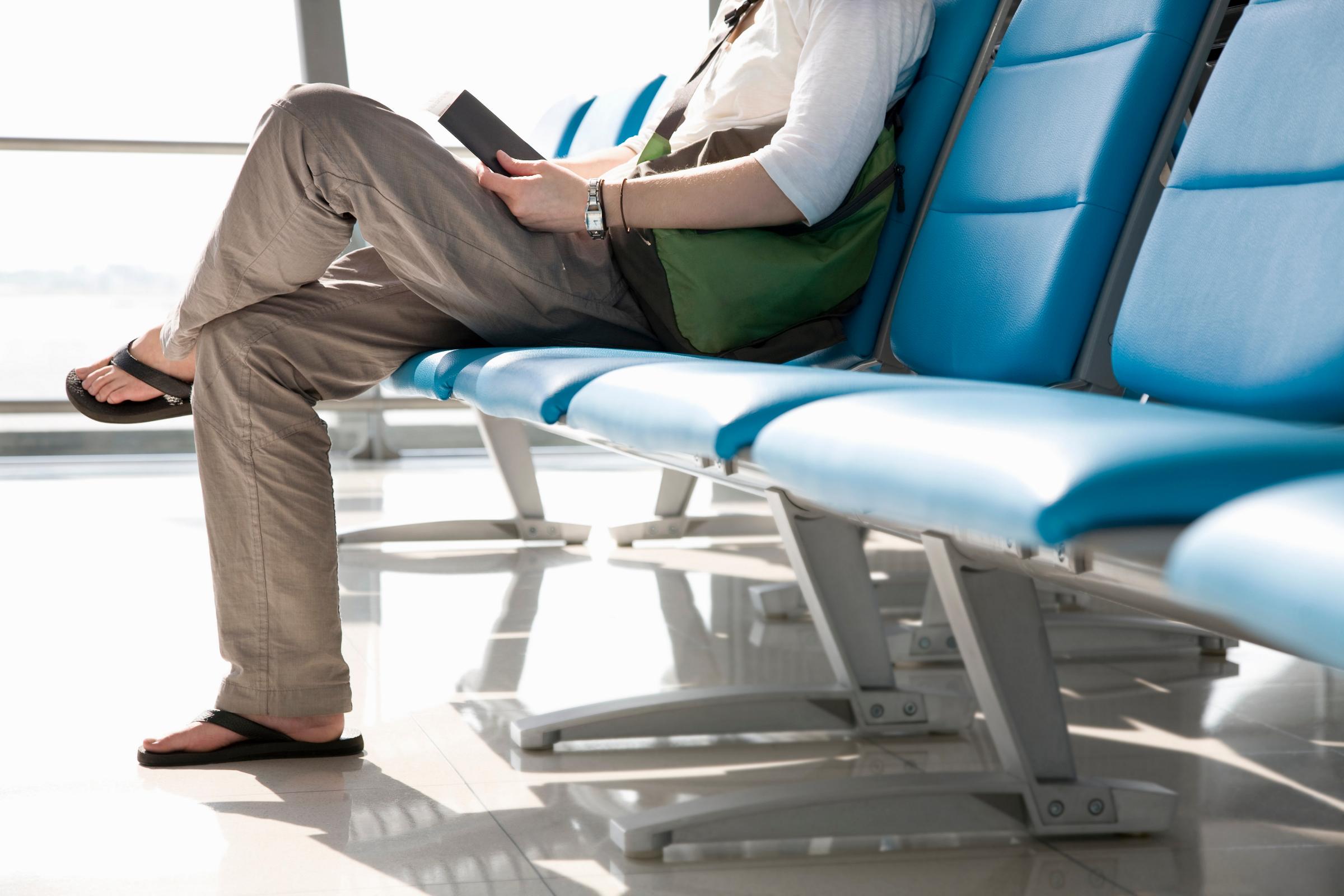
Pack the night before your trip
Packing ahead of time will give you time to check that you're not missing anything important and will reduce the chance of forgetting something essential.
Label your luggage with your name and address
A simple mistake in baggage delivery can ruin your trip. Make sure your luggage is labeled with your name and updated address.
Complies with baggage size and weight restrictions
If you are traveling with an airline, check and adhere to luggage size and weight restrictions to avoid costly additional charges.
Take a photo of your luggage
Before checking in your luggage, take a photo of it. This can be useful in case your luggage is lost and you need to provide a detailed description.
Do not carry money or jewelry in your checked luggage
Valuables such as cash and jewelry should be carried in your carry-on luggage to avoid loss or theft.
By following these tips, you'll be able to pack everything you need for your trips and enjoy a hassle-free experience. Now that you know the basics of traveling, it's time to start planning your next trip!
Where you're going? What are you going to do? What are you going to pack?
Start researching and dreaming about your next trip. You will not regret!
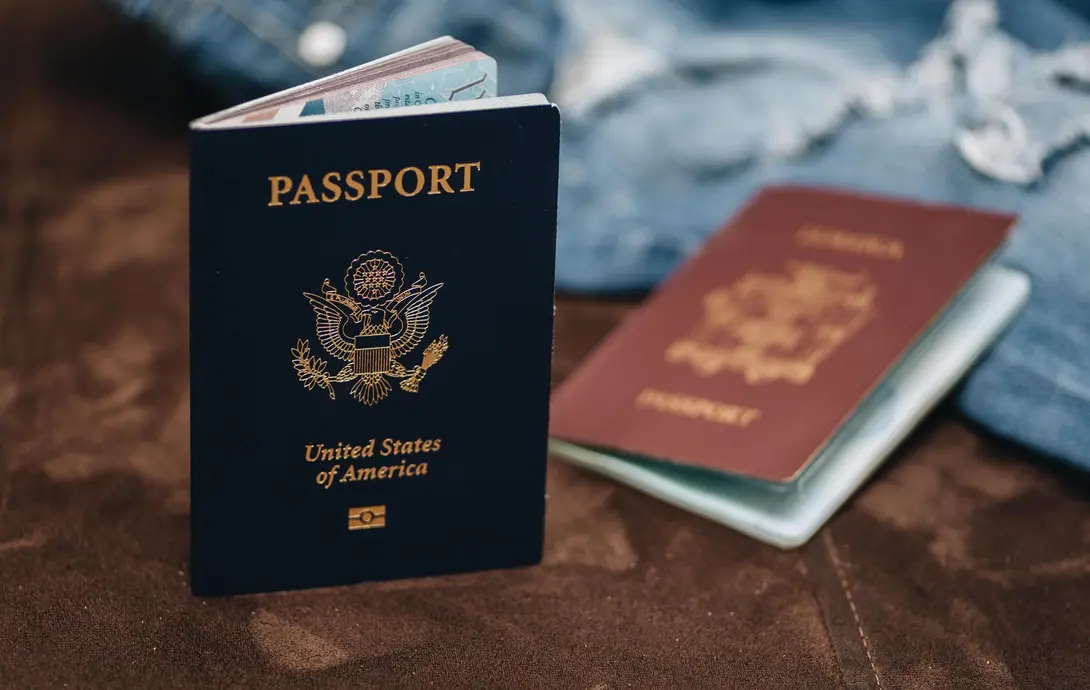
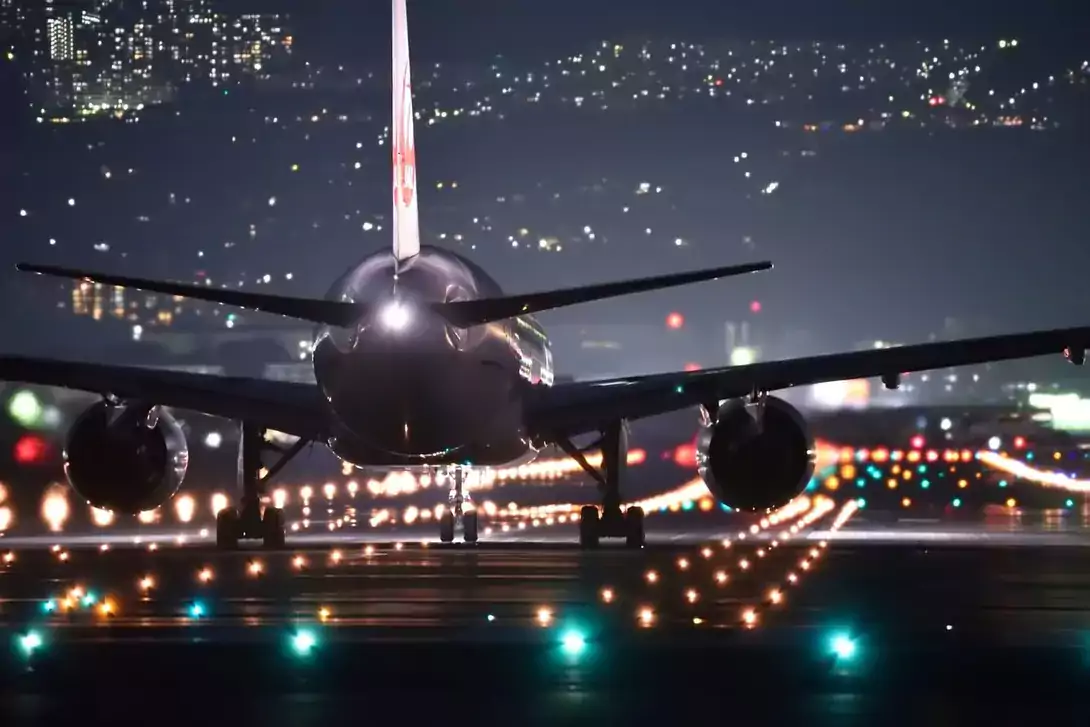
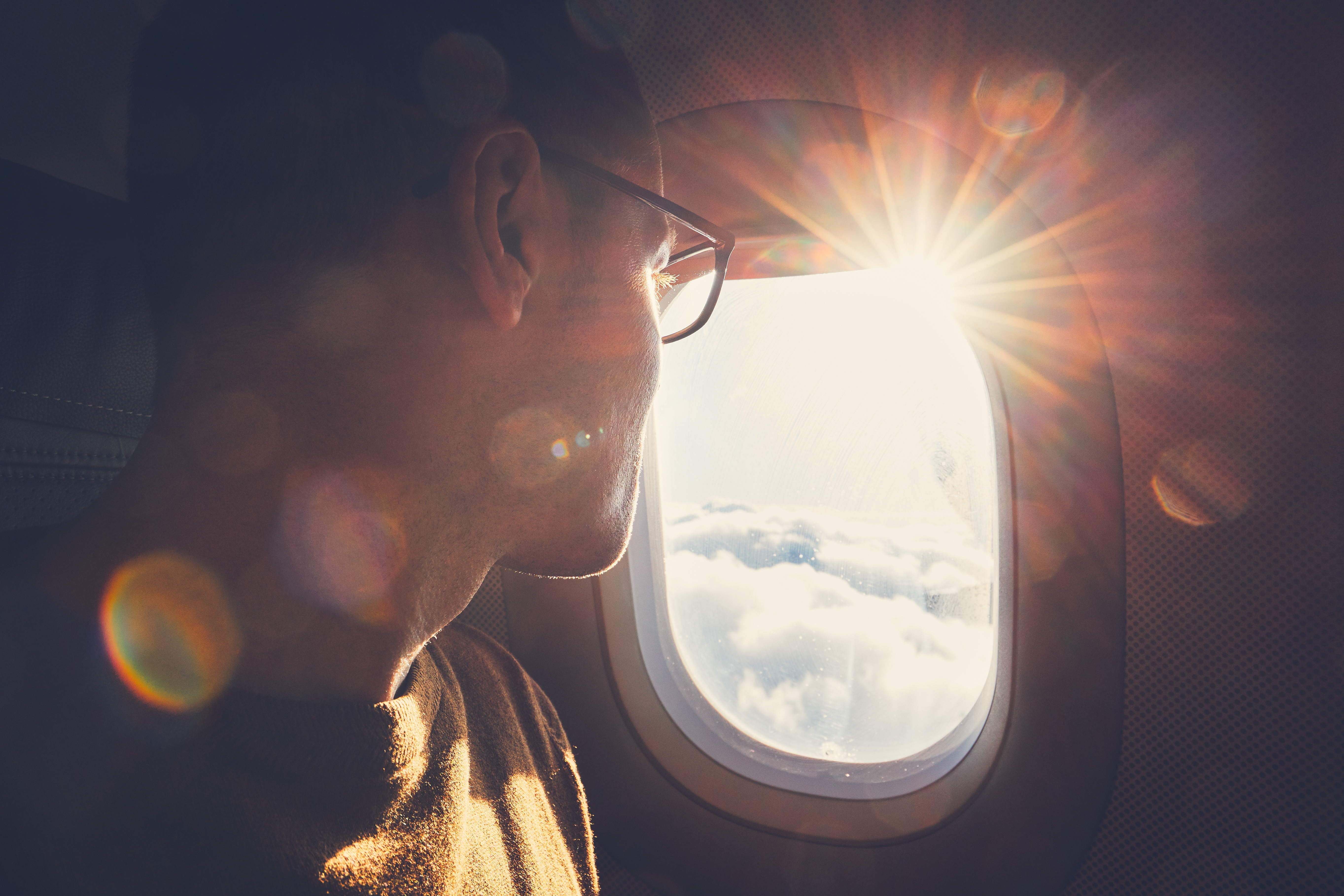
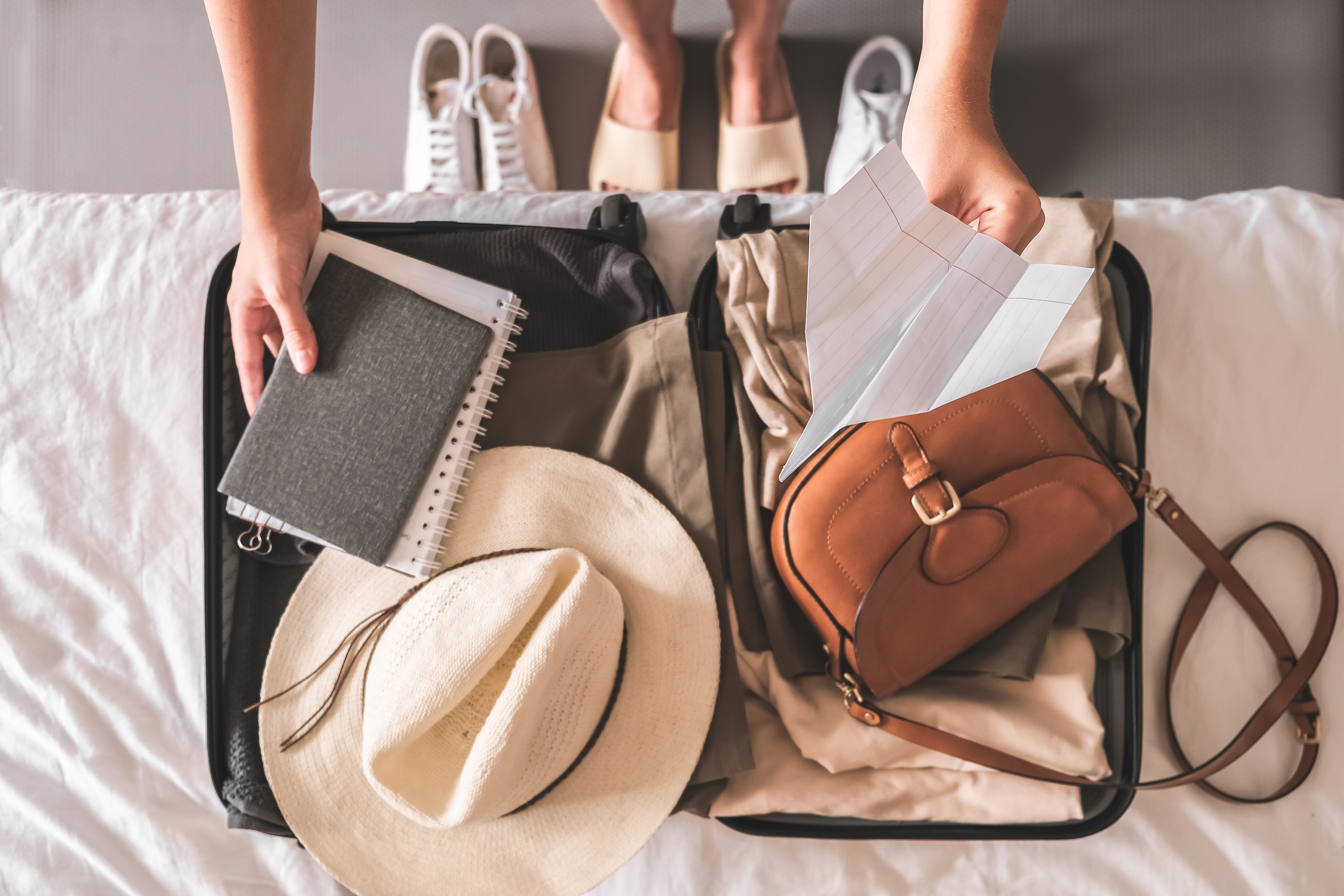
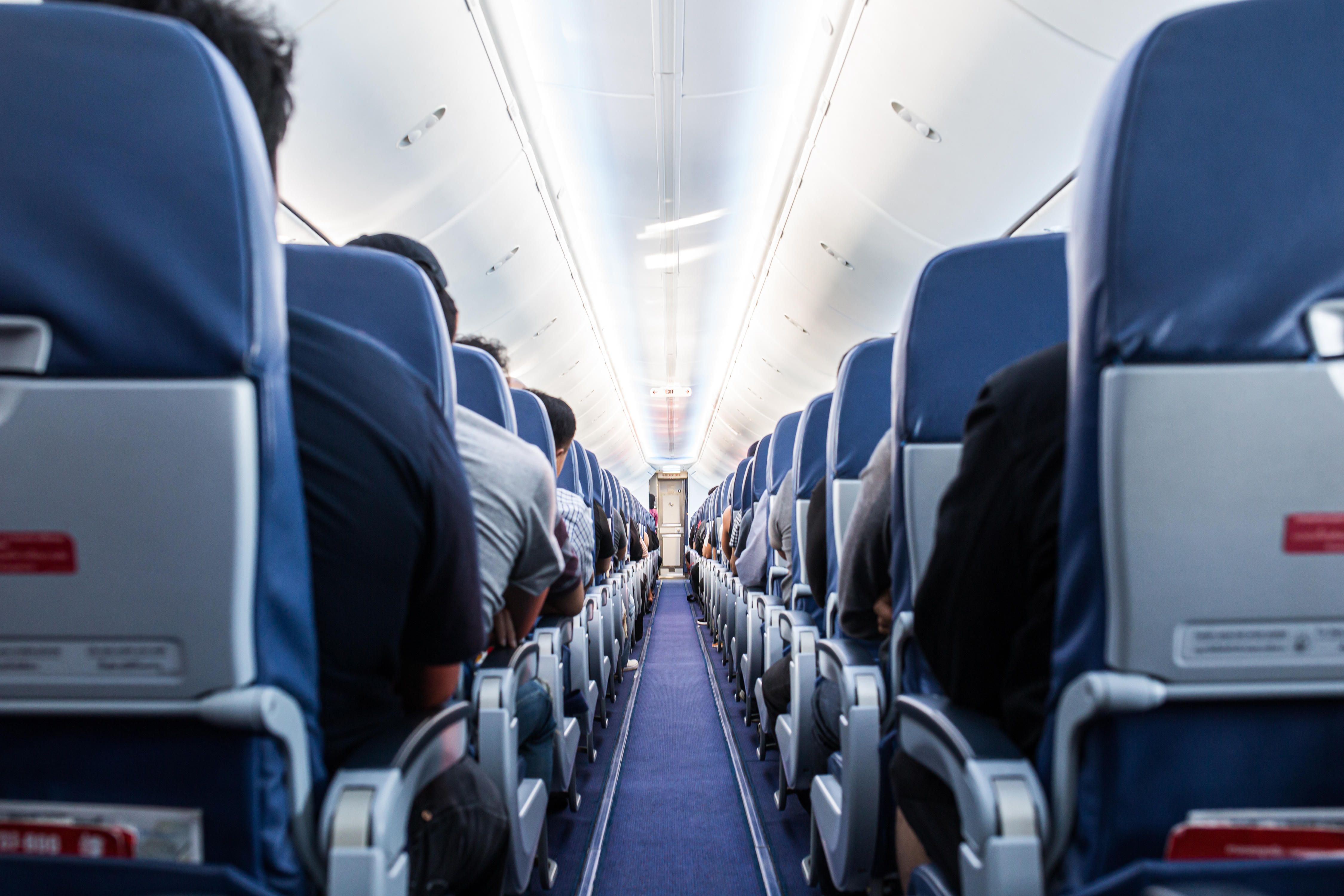
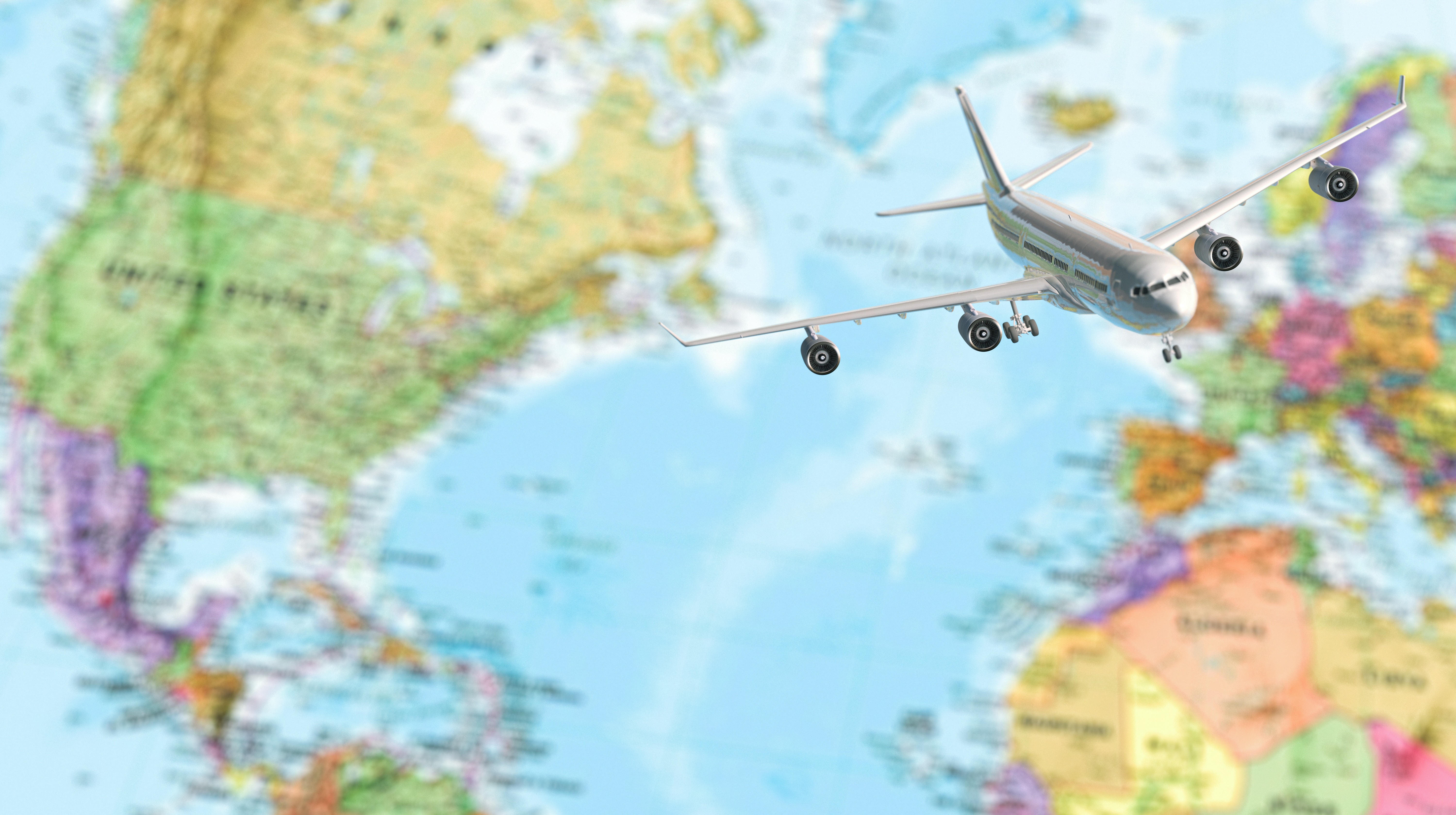
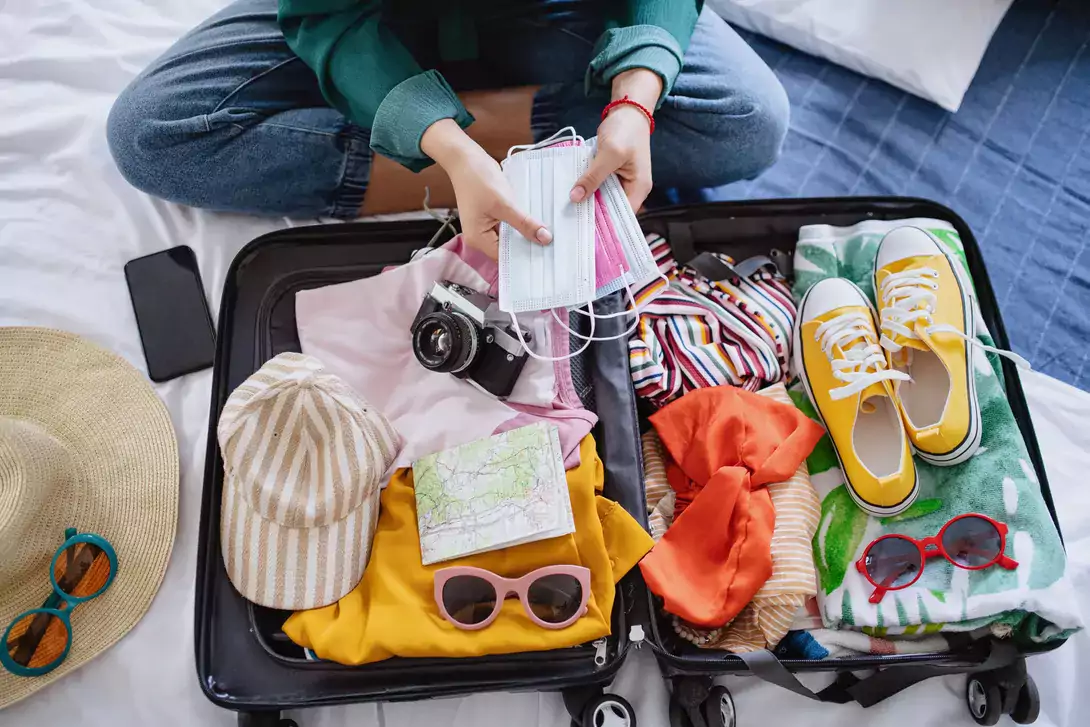
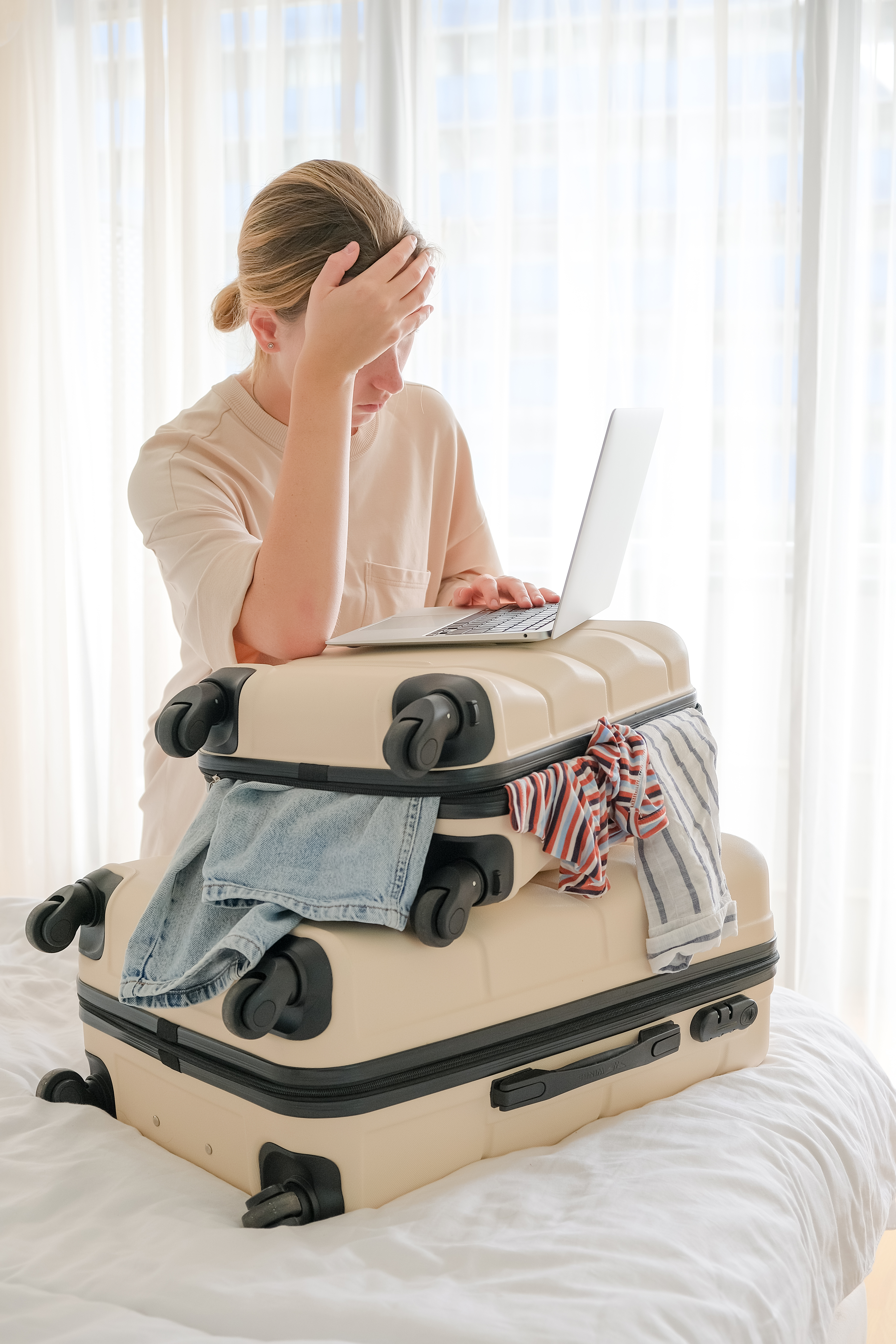

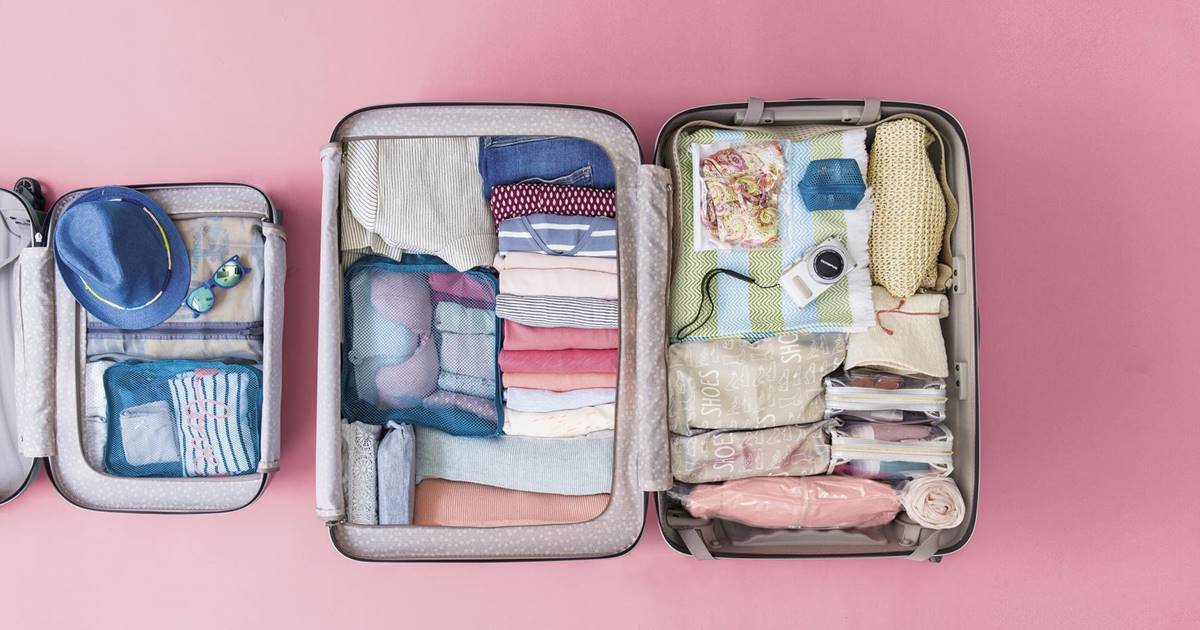
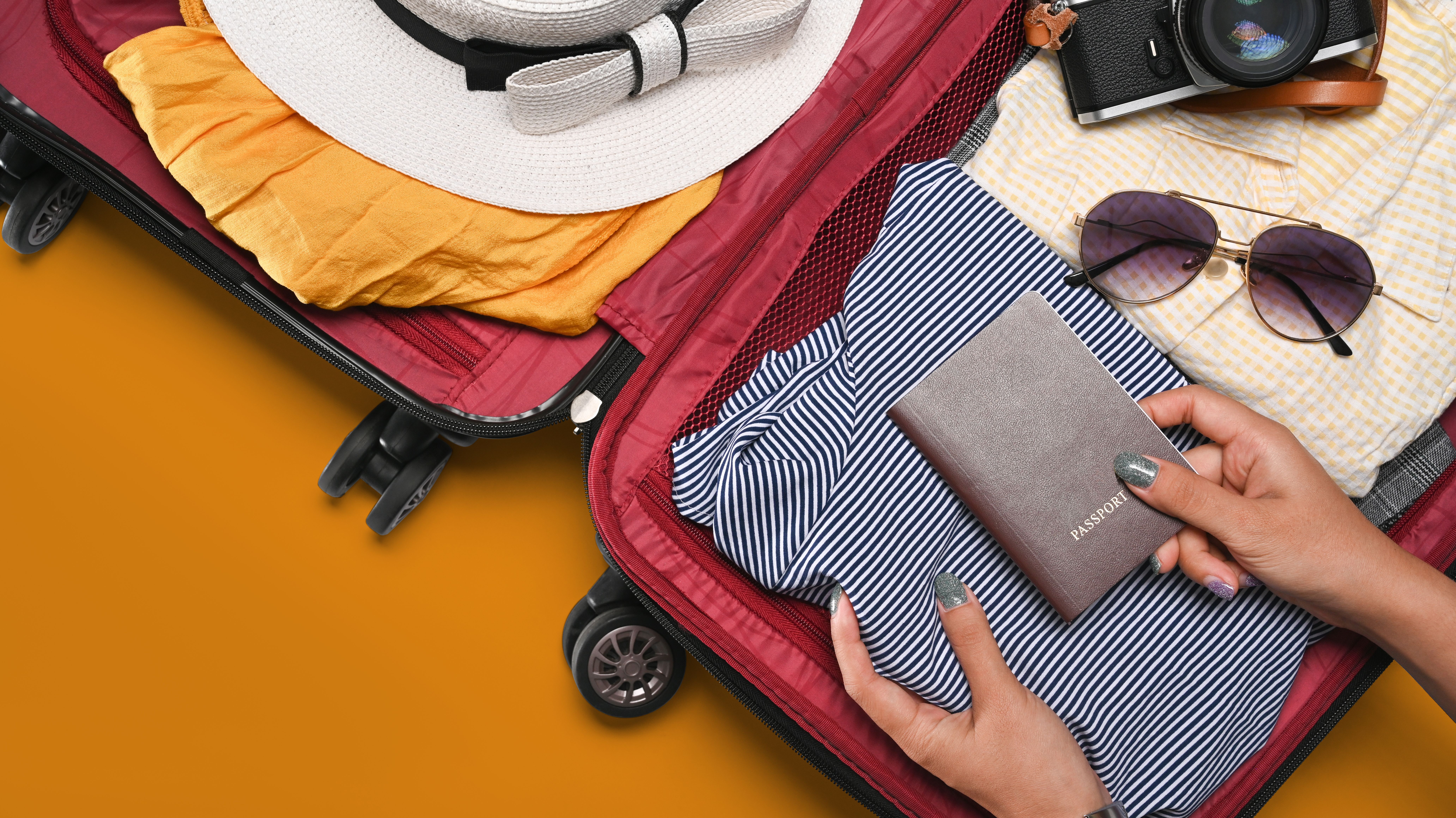
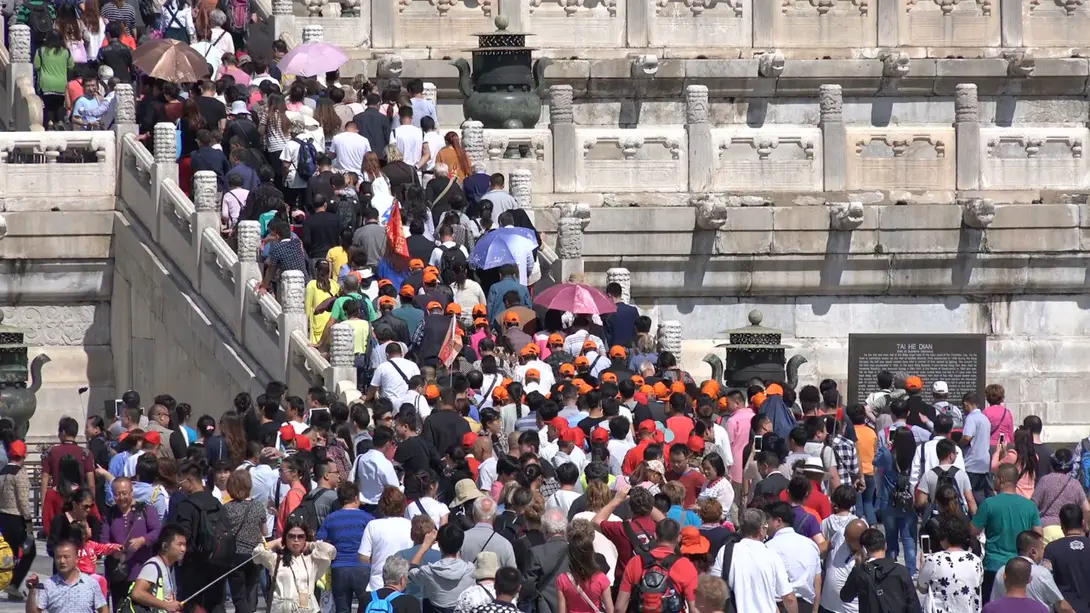
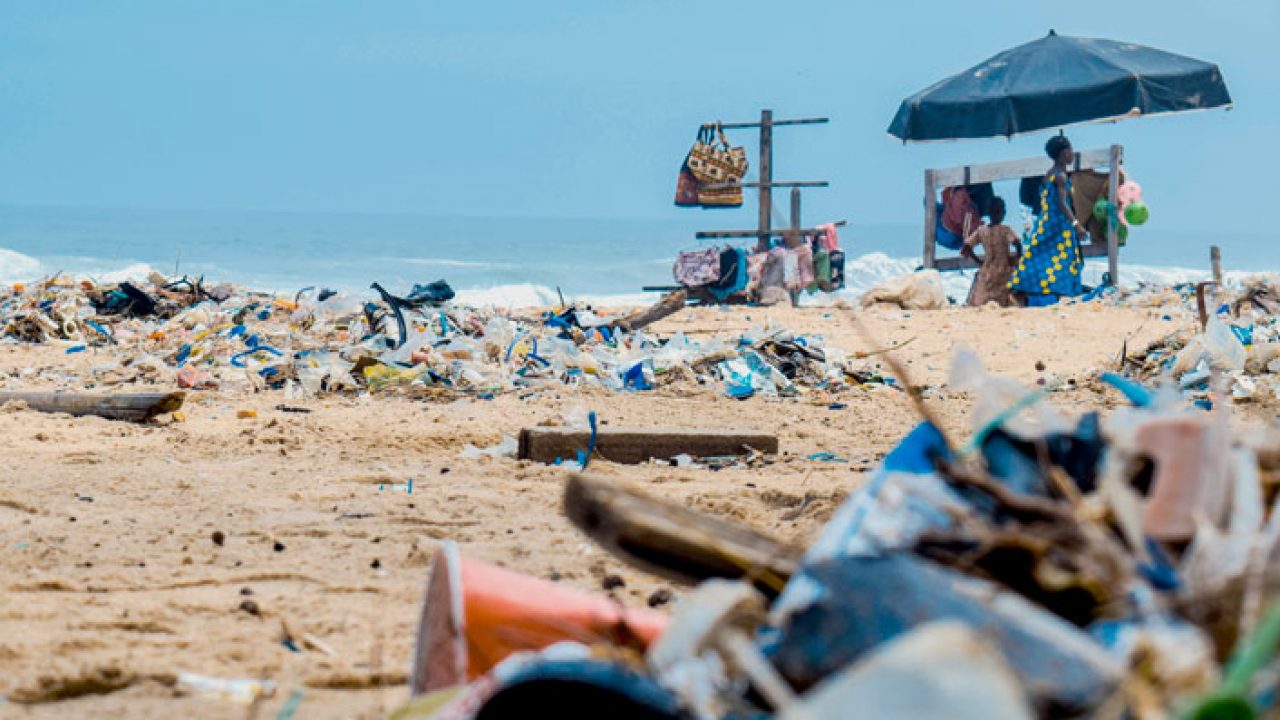
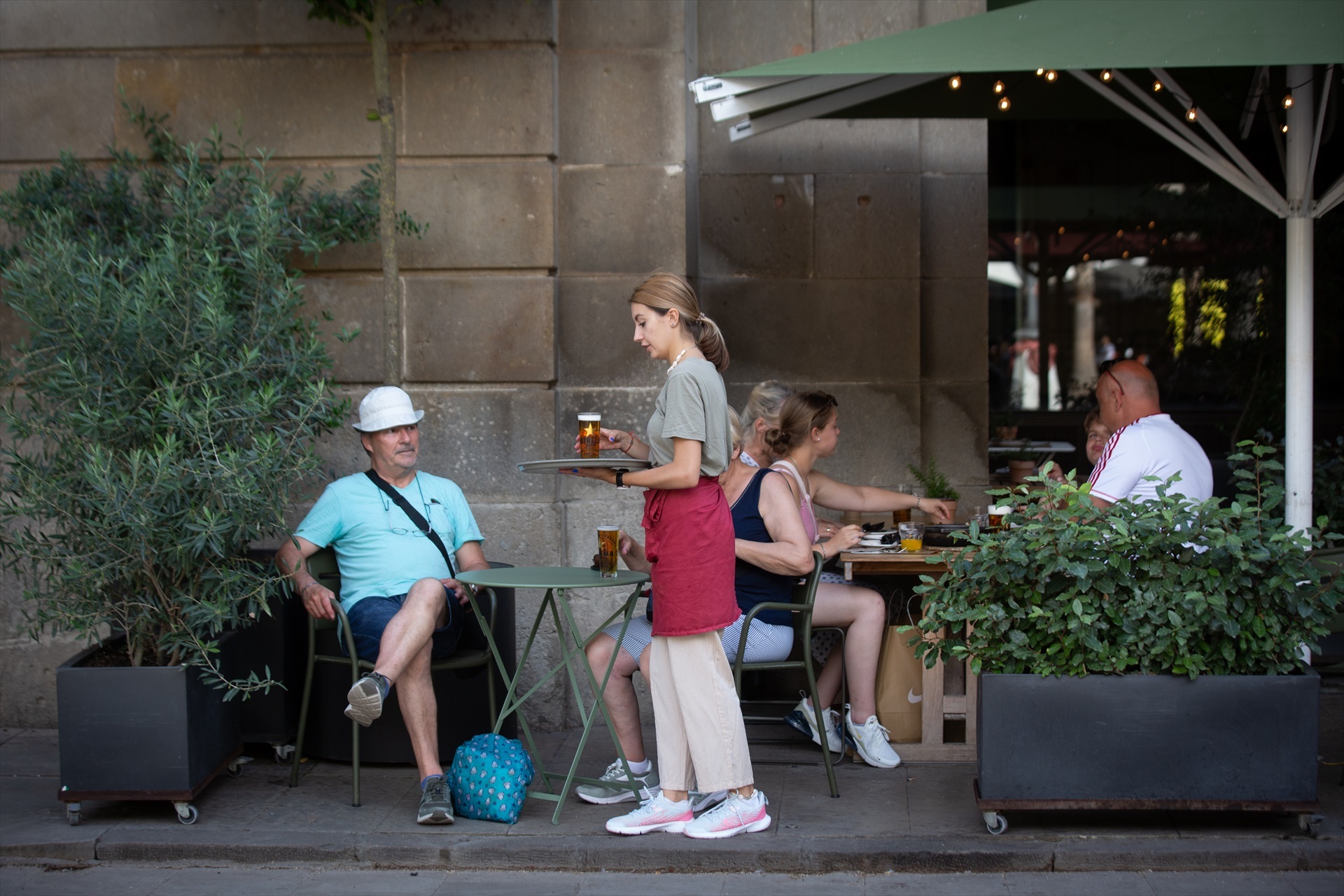
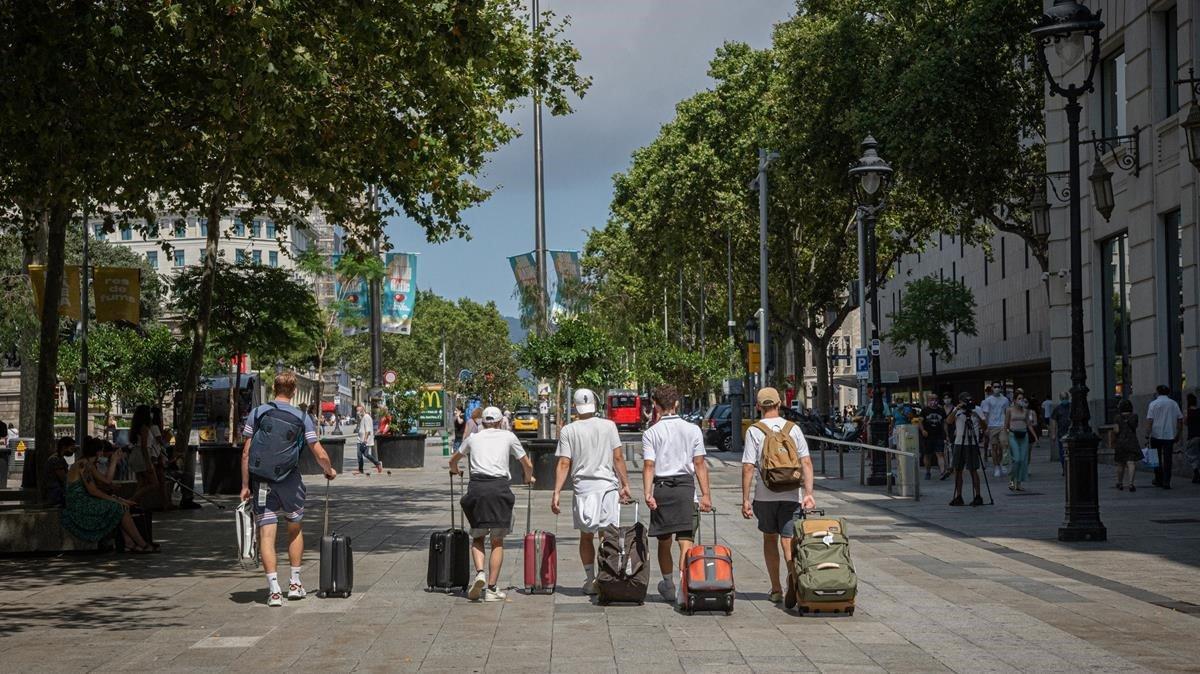

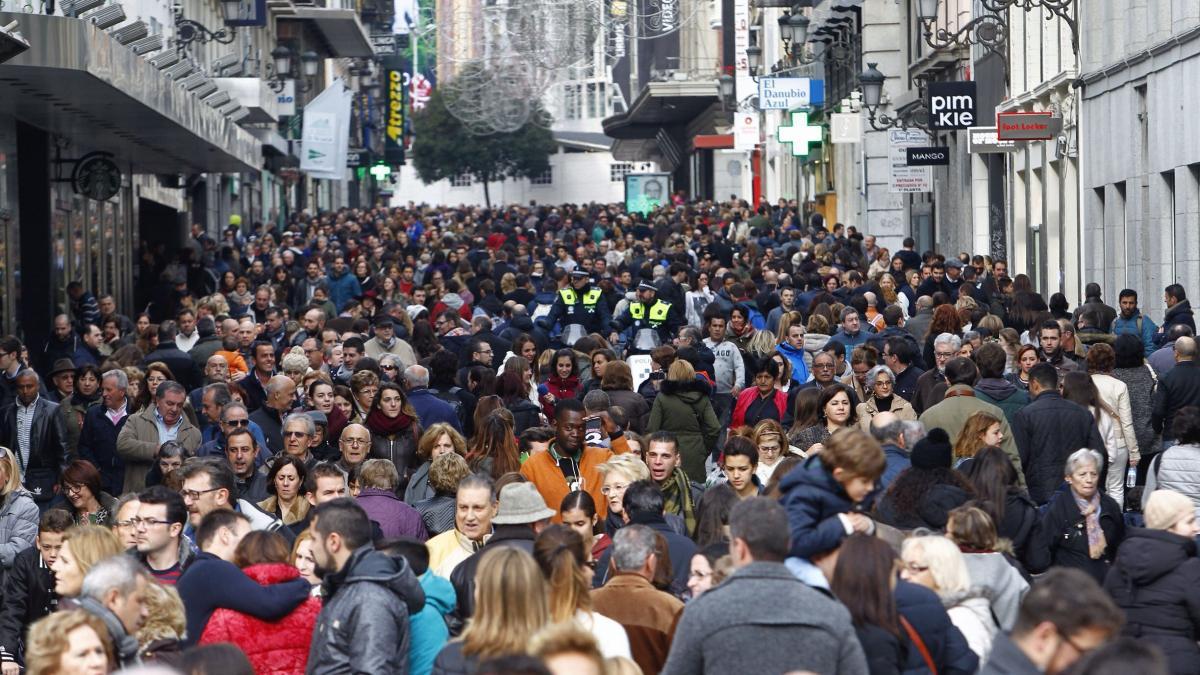
Comentarios